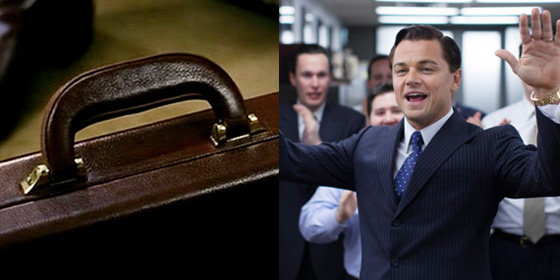By Colin Brown
Hollywood has always fallen hard for films about scam artists and their clever schemes. Even before American Hustle and The Wolf Of Wall Street, there was Catch Me If You Can, House of Games, The Spanish Prisoner, The Grifters, The Sting, Paper Moon and seductive confidence artists stretching all the way back to The Lady Eve in 1941. The cons vary but the tricks remain much the same: victims are fooled into trusting in a stranger’s good faith through greed, vanity, opportunism, desire, compassion, desperation and any other basic urge you can name. It is easy to see the greenlight appeal of such stories. Not so much because of Hollywood’s own history with charismatic charlatans, or even because their conniving tales can provide such giddy entertainment, but because filmmaking itself so often involves elaborate self-deception and blind trust. The human lust for storytelling, and the constant craving for money required to feed that, is such that some of the strangest bedfellows are thrown together in the name of cinema.

For a taste of just how surreal some of those couplings can be look at the duo behind Envision Entertainment, the financing outfit that burst on the Hollywood scene a couple of years ago. The two men writing the checks at that company, Remington Chase and Stefan Martirosian, are as colorful as many invented movie characters, at least judging by this article in L.A. Weekly that has become the astonished talk of the town. And yet here they are right in the thick of Oscar contention as the backers of the pedigree war drama Lone Survivor starring Mark Wahlberg. Chase, according to that article, admits to being an FBI informant; for his part, Martirosian acknowledges altering the spelling of both his first and last name in film credits so as to avoid a contested 1993 cocaine trafficking conviction showing up in online searches – the kind of details that make their involvement in such upcoming projects as The Girl Who Conned The Ivy League so much more tantalizing.


